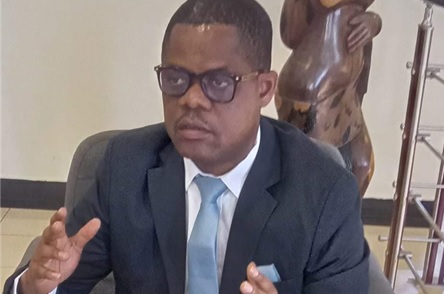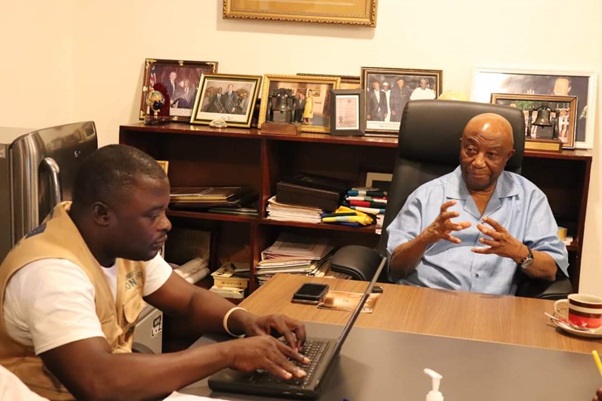MONROVIA, LIBERIA – In a recent development, President Joseph Nyuma Boakai chaired his 3rd Cabinet Meeting, where the pressing issue of resource scarcity versus the high expectations of the Liberian people was on the agenda. This long-standing problem has been a challenge for many administrations, leaving Liberians trapped in poverty.
Ambassador Rufus Neufville, an influential figure in Liberia, has penned a note to President Boakai, offering a solution to the current economic challenges faced by the government. Neufville asserts that the only way out for the administration is to actively seek external financial assistance. He highlights that the current revenue projection falls significantly short of addressing even 20% of the problems inherited by the government. With a budget of $692.40 million, the allocated funds would only cover recurrent expenditures and marginally improve the lives of a select few in Monrovia and well-connected merchants. This approach risks fueling resentment from the rest of the population, leading to opposition against the government.
To illustrate his point further, Neufville presents a hypothetical scenario. If the government were to raise approximately $692.40 million annually over the six-year term, with recurrent expenditure remaining at 92.5%, only $51.9 million would be available each year for investment or development. This would result in a total of approximately $311 million over the entire term, which falls short of effectively addressing the severe hardships faced by the Liberian people.
Neufville poses several critical questions that need to be addressed:
- Can $311 million, spread over six years, adequately fund the construction of essential roads and infrastructure as promised?
- Can $311 million significantly improve the educational system in Liberia?
- Can $311 million facilitate an increase in civil servants’ salaries and provide low-income housing units for teachers and nurses?
- Can this limited funding, spread over six years, resolve the long-standing energy and water issues in the country?
- What about providing support to the private sector? Is it feasible with such a limited amount?
- Can this mere $311 million rescue the people from the prevailing social indignation?
Neufville emphasizes that none of these questions can be answered in the affirmative. It is evident that Liberia is in dire straits, and the signs of discontent will soon become visible on the streets, particularly on BROAD STREET. The time for political change is approaching rapidly.
While Neufville empathizes with President Boakai, acknowledging that it would be unfair and unwise to place blame on him after just three months in office, he urges the government to act swiftly. The Ambassador cautions that hungry babies do not sympathize with their parents for an extended period.
In conclusion, Ambassador Rufus Neufville candidly advises the administration to explore external financial assistance as the only viable solution to the economic challenges inherited by the government. Liberia needs additional support from the international community to navigate these troubled waters. This external help is the only way out for the current administration.







